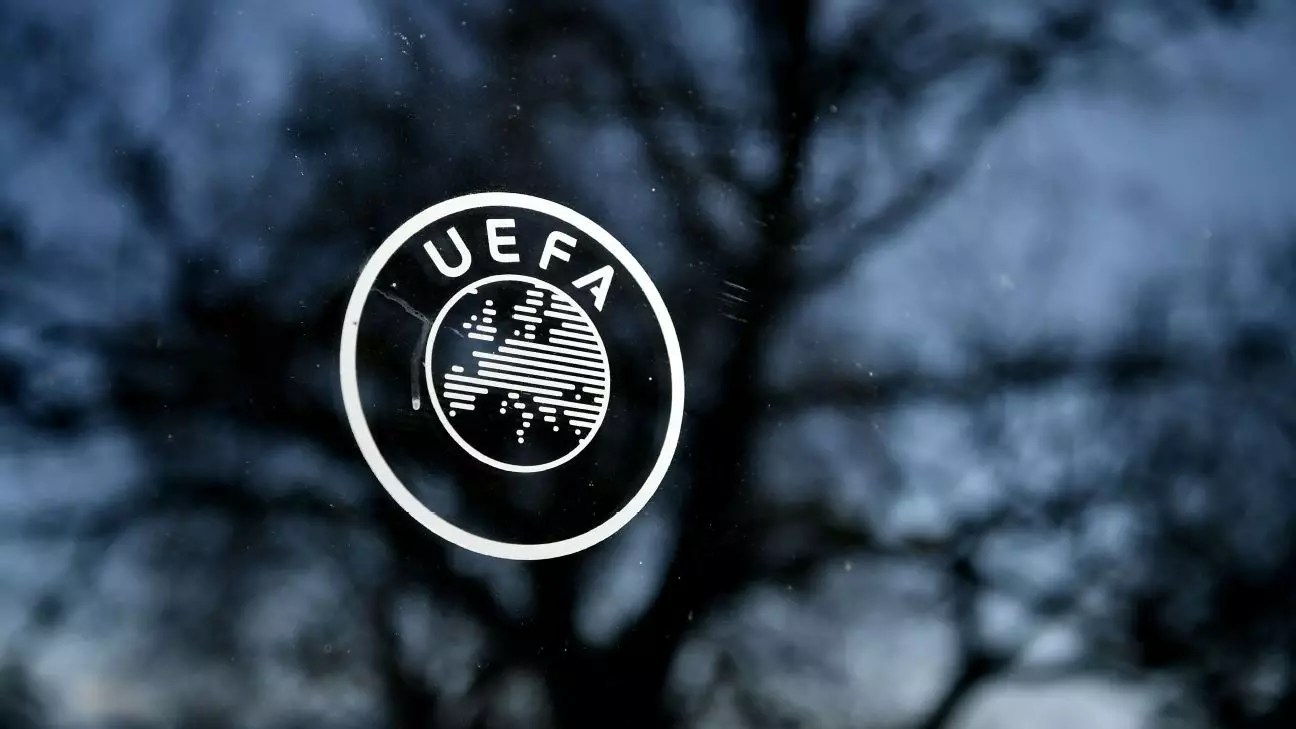In a groundbreaking move, UEFA has opened its doors to the players’ union, FIFPRO Europe, granting them a seat on its executive committee. This decision marks a significant step towards ensuring that player welfare is prioritized in football governance, especially in light of increasing concerns regarding the congested match calendar. UEFA’s initiative signals a growing recognition of players as vital stakeholders in the sport, a perspective that has been emphasized by league stars like Ballon d’Or winner Rodri, who have expressed their frustrations over an overloaded competition schedule.
UEFA President Aleksander Ceferin articulated the organization’s commitment, stating, “Players are at the heart of football, and their perspectives must shape the decisions taken.” This sentiment reflects a much-needed paradigm shift in the way decision-making processes are structured within football’s governing bodies.
The urgency of this move cannot be overstated, especially as players are increasingly vocal about their working conditions. The announcement comes at a time when tensions have risen around the number of matches players are required to participate in, with warnings of potential strikes from those who feel their concerns are being disregarded. This agreement is not just about improving the image of UEFA; it is indicative of systemic issues within European football that have long ignored the voices of the players.
Recent developments, including a formal complaint lodged against FIFA regarding the expansion of the World Cup and Club World Cup without adequate consultation, highlight the need for reform. FIFPRO’s efforts in Brussels emphasize the growing need for dialogue in football governance, leading to policies that reflect the realities facing players on the ground. Within the backdrop of this legal action, UEFA’s accord with FIFPRO looks to be a strategic move to demonstrate a commitment to dialogue and cooperation.
The three-year working agreement is not merely symbolic; it has substantive implications for the welfare of players across Europe. UEFA has assured that any decisions affecting players’ employment conditions or potential reforms impacting their workload will involve FIFPRO Europe. This partnership aims to create frameworks that ensure player well-being is a priority in the executive decision-making processes.
Moreover, UEFA’s recent expansions to its competitions, such as the Champions League and Europa League, underscore the importance of this agreement. The decision to allow clubs to play more matches in pursuit of progression reveals a pressing need for more significant player representation in the dialogue surrounding match scheduling. By allowing increased player involvement, UEFA may mitigate the risk of player fatigue and potential injuries that stem from crackling competition schedules.
An exciting component of this agreement is the establishment of a Professional Players’ Advisory Forum, which will convene for the first time in December. This forum is designed to facilitate ongoing discussions concerning players’ rights and well-being. When players have the opportunity to discuss their situations directly with decision-makers, it can lead to more informed policies that genuinely address the concerns at the grassroots level.
While this agreement represents a positive step forward, the true test will be in its execution and the willingness of all parties to engage in meaningful discussions. As FIFPRO Europe President David Terrier aptly points out, this is a “hugely positive milestone” for professional players throughout Europe. However, the focus must now shift from policy announcements to action. Players need quick and tangible results stemming from this new relationship to validate their voice’s inclusion in governance.
UEFA’s decision to grant FIFPRO Europe a place at the table is a noteworthy evolutionary step toward a more inclusive football governance model. As the landscape of football continues to change, it is crucial for player perspectives to be represented in discussions that shape their careers. The agreement represents hope for a future where player welfare is prioritized and football governance becomes a collaborative effort involving all key stakeholders. The success of this initiative will depend heavily on the commitment of UEFA, FIFPRO, and players alike to forge a new path that benefits all parties in the football ecosystem.


Leave a Reply